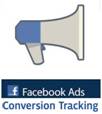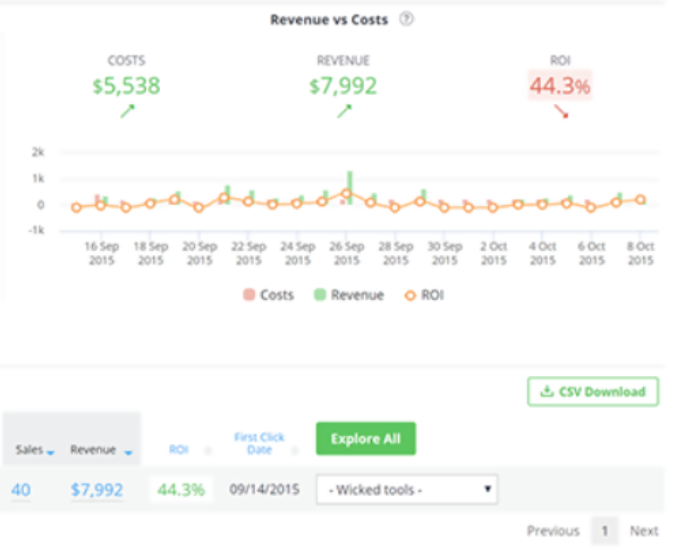Last year Facebook upgraded to a new way of tracking that offered a significant improvement. The new tracking allows you to define which URL means a conversion. When the Facebook tracking code detects that defined URL loading up for a person who clicked or viewed one of your ads, it awards that ad a conversion. That seems clear enough.
Defining Conversion
 The purest and cleanest tracked conversion happens when someone clicks on a Facebook ad, then immediately opts in in to your email list, or buys your products. We need to discuss this definition with further, however, because pretty much everyone assumes that’s what a conversion means. Because Facebook reports a certain number of conversions, people see the word and ALWAYS (not their fault) think that a new lead/customer clicked on the Facebook ad and then immediately took the desired action. What Facebook really reports, however, is the last ad clicked within a 28-day time frame prior to the conversion URL.
The purest and cleanest tracked conversion happens when someone clicks on a Facebook ad, then immediately opts in in to your email list, or buys your products. We need to discuss this definition with further, however, because pretty much everyone assumes that’s what a conversion means. Because Facebook reports a certain number of conversions, people see the word and ALWAYS (not their fault) think that a new lead/customer clicked on the Facebook ad and then immediately took the desired action. What Facebook really reports, however, is the last ad clicked within a 28-day time frame prior to the conversion URL.
Facebook is not in the business of looking across all of your advertising platforms and sources (email, AdWords, YouTube, direct mail, radio, automated webinars, etc.) and determining whether the Facebook ad was the last click among all those sources.
Clearly, (1) Some of those Facebook conversion events either helped the other marketing sources along, (2) The conversion events were the triggers that made the other marketing sources work, or (3) In some cases Facebook was claiming unearned credit.
The devil is in the details. That’s where cross-platform attribution comes into play.
Cross-Platform Attribution
Cross platform attribution looks at Facebook ads, Google Adwords and display ads as well as emails, Facebook, Instagram, Twitter, and Pinterest posts. It then decides which click from among all these sources converted your prospect to a customer.
Facebook does not do the last point at all because they are not in the business of tracking your customer’s buying journey.
All the systems I have tracked, integrated with, and researched are black-box closed systems. They look at clicks from their system, URL hits on your site and pixel counts, but don’t see all your other marketing activities. .
Facebook does not look at your customer’s email clicks after he has clicked on the Facebook ad. That’s actually our job.
The Customer Journey
The more marketing you do, particularly remarketing, the more you clicks and views you receive from multiple systems. Your email / CRM always generates clicks as well. We typically see a variety of clicks from emails, lead generation advertising, and remarketing advertising—followed by direct clicks to your website—all mixed in a complex blend called the customer journey.
If you use multiple ad platforms and strategies to grow your business, as you should, you need to be aware that only a holistic unbiased view can follow all the steps in the customer journey to provide accurate conversion data on which you can act. Wicked Reports can help with that.
There's more to know about conversion paths. In my next post, I’ll talk about the four common conversion paths and discuss the first one in detail.





